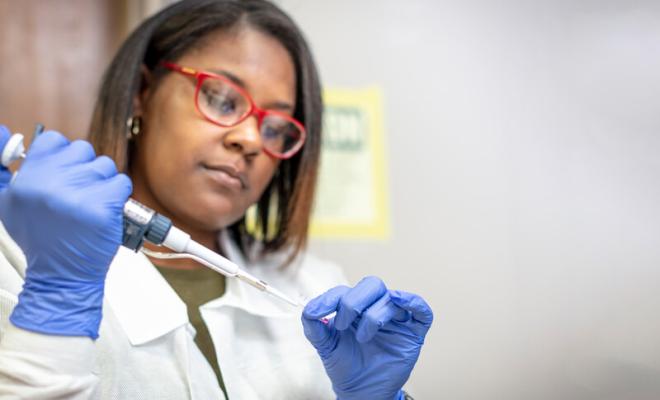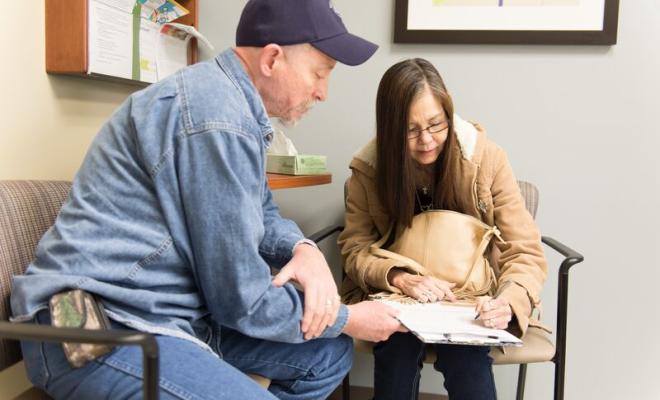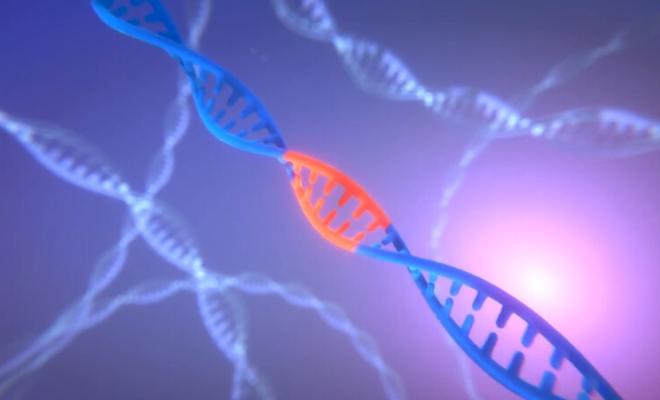Close to 40,000 people in the U.S. have cystic fibrosis, a rare genetic disease. The majority of people with CF are diagnosed by age 2 thanks to newborn screening tests. If you have CF or are considering testing for it, knowing about the role of genetics in CF can help you make decisions about your health care.

ARTICLE
Every person has two copies of the cystic fibrosis transmembrane conductance regulator (CFTR) gene. A person must inherit two copies of the CFTR gene that contain mutations — one copy from each parent — to have cystic fibrosis.
ARTICLE
Cystic fibrosis occurs when the cystic fibrosis transmembrane conductance regulator (CFTR) protein is either not made correctly, or not made at all. By understanding how the protein is made, scientists have been able to develop treatments that target the protein and restore its function.

ARTICLE
Carrier, or genetic, testing plays a key role in the diagnosis of cystic fibrosis, and allows parents to find out what their chances are of having a child with CF to help inform important family planning decisions.

ARTICLE
In an international research project, scientists are examining cystic fibrosis transmembrane conductance regulator (CFTR) mutations to determine which ones cause CF and to provide additional information associated with these mutations. Their findings are available in an online searchable database.

ARTICLE
Some genetic diseases, such as cystic fibrosis, are caused by mutations in a single gene. A gene contains DNA “letters” that spell out the instructions to make a specific protein. When the protein isn't made correctly, it can lead to a cascade of problems.

ARTICLE
Theratyping matches therapies, or medications, to specific types of mutations. The primary goal of theratyping is to identify which mutations respond to certain CFTR modulators, thereby helping people with rare CFTR mutations gain access to already approved modulators quickly and safely.
Contact a dedicated CF Foundation Compass case manager:
Call us at 844-COMPASS
(1-844-266-7277)
Mon - Thu, 9 am - 7 pm ET
Fri, 9 am - 5 pm ET